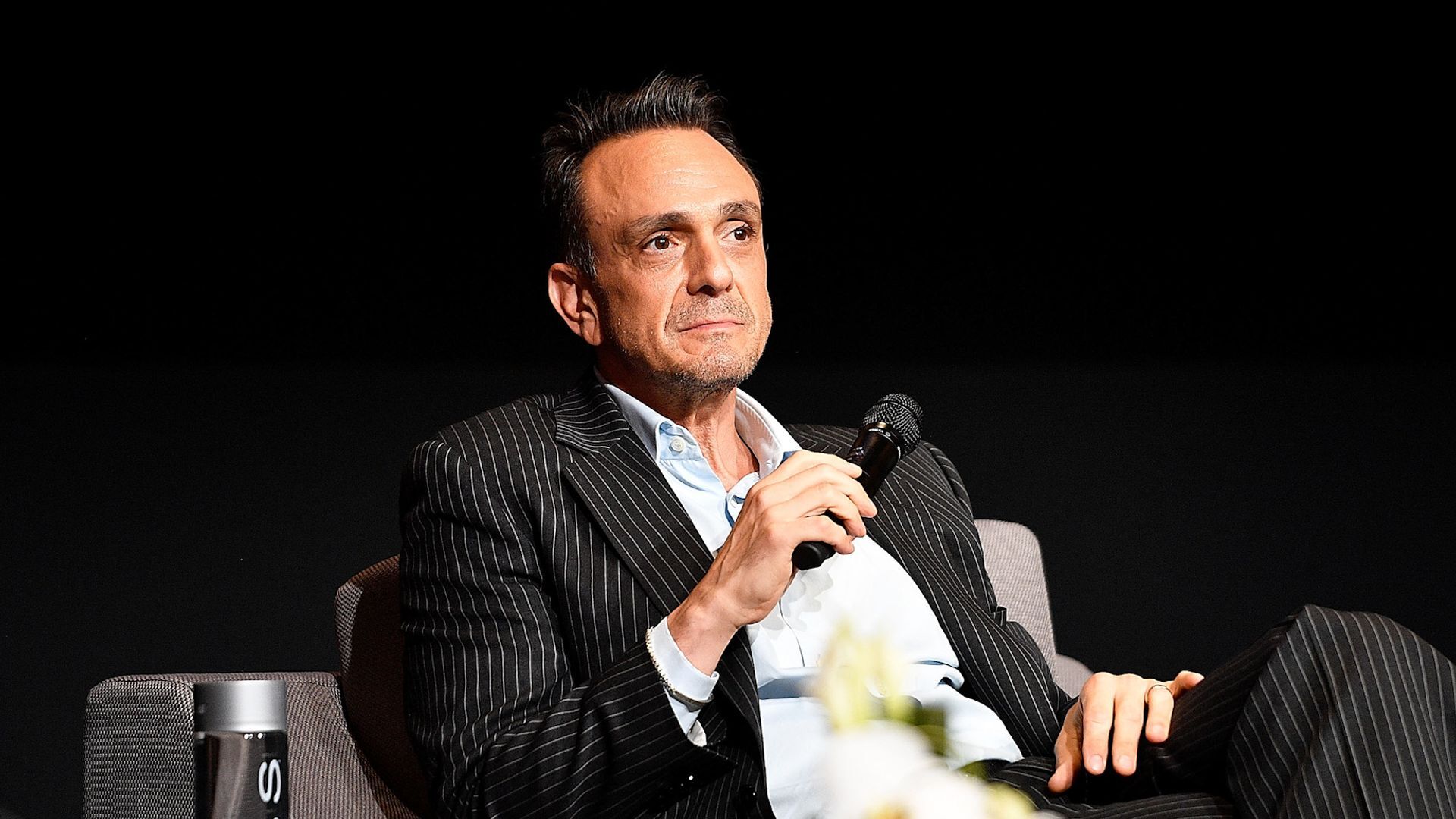
[KENNEDY FELTON]
FROM SIRI TO DEEPFAKE VIDEOS… A-I IS RESHAPING THE WAY WE INTERACT WITH TECHNOLOGY AND ENTERTAINMENT. BUT WHAT HAPPENS WHEN IT STARTS SOUNDING JUST LIKE US?
Voice actor Hank Azaria is raising concerns about AI’s ability to replicate his voice in a New York Times op-ed. With nearly 40 years in the industry, he’s brought dozens of characters to life—like Gargamel in the 2011 reboot of “The Smurfs.”
And more famously, he even writes in the op-ed that he created more than 100 voices for characters on “The Simpsons.”
But he fears AI won’t be able to capture the humanness in his voice, writing: “There’s so much of who I am that goes into creating a voice. How can the computer conjure all that?”
One of the biggest misconceptions about voice acting, he says, is that it’s not just a voice but much more than that—including bodily movements.
Azaria admits he’s sometimes embarrassed by how he looks in the booth, but those movements are what make the performance authentic.
He’s the latest Hollywood actor raising concerns about the use of AI in entertainment or creative fields.
More recently, “The Brutalist” has faced backlash online after a film editor revealed AI was used in post-production to enhance the Hungarian accents of Adrien Brody and Felicity Jones.
Meanwhile, the U.S. Copyright Office made a change to their policies last month in a reversal of a previous one, saying artists can copyright AI-assisted work, but only if a human is the driving force behind it.
Azaria wraps his op-ed up saying AI makes you feel like what you’re watching isn’t real, writing: “Believability is earned through craftsmanship, with good storytelling and good performances, good cinematography and good directing and a good script and good music.”











